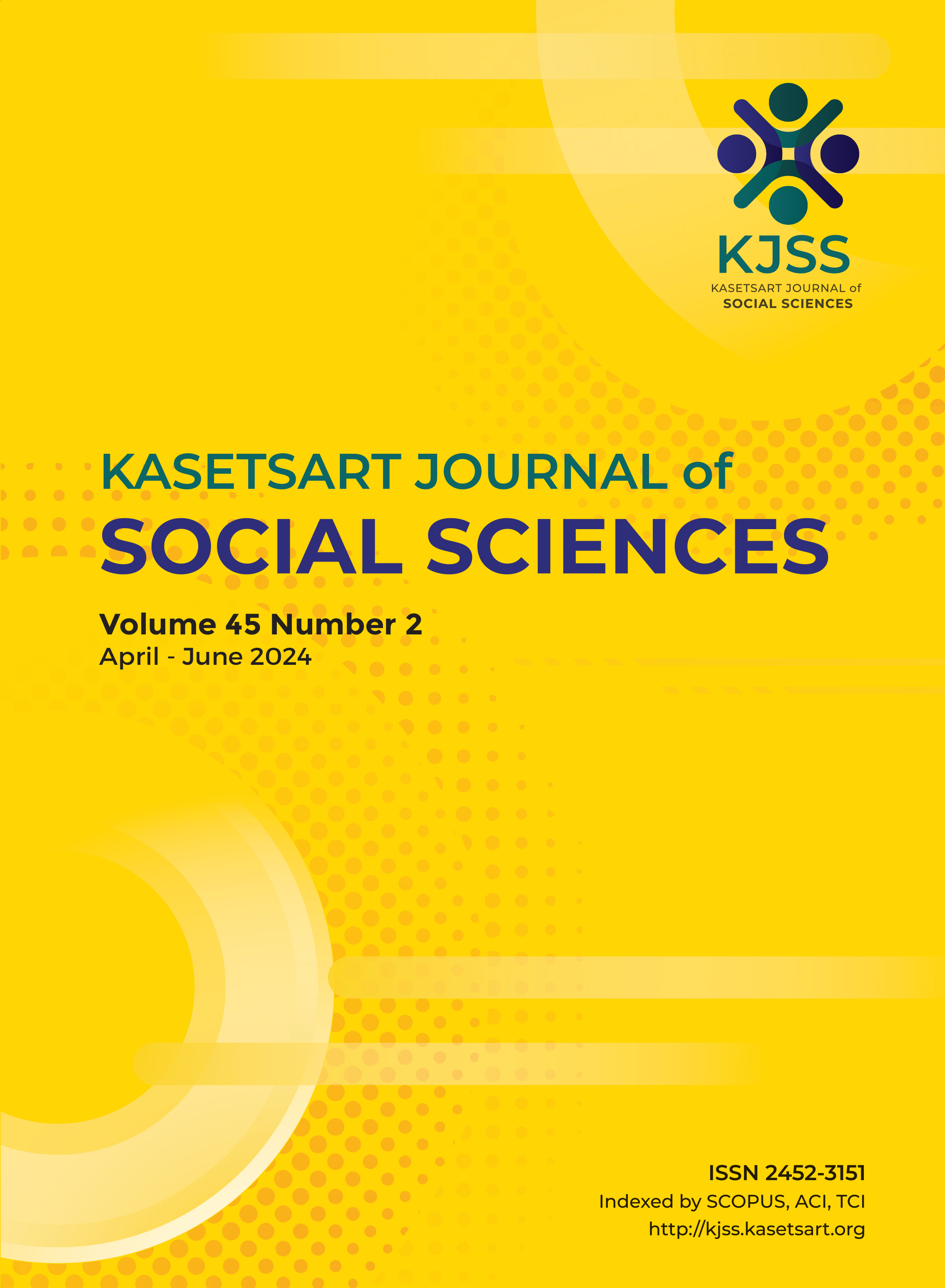Internationalization in higher education: Practices and processes of change between Ecuador and the Netherlands
Keywords:
administrative processes, cultural systems, higher education, internationalization, university autonomyAbstract
In a globalized context where internationalization of higher education has become a key strategy for Higher Education Institutions, this article presents a comparative study of the internationalization processes of Ecuador and the Netherlands. Despite the advantages offered by internationalization, there are limitations and challenges related to quality, curriculum, management, culture, language, as well as bureaucratic and administrative processes, especially in countries with different educational and cultural systems. The objective of the study was to identify and compare the internationalization processes of Ecuador and the Netherlands, using a methodology based on bibliographic and documentary techniques, as well as the constant comparative method. The comparative analysis identified several thematic categories, including paradigmatic change, divergence in structural and financial transformation, commitment to the expansion of international educational activities, circumstantial analysis of restrictive aspects, emerging educational project, university autonomy as an element of independence, study opportunities, pursuit of excellence, and ethnological manifestations. Based on the results obtained, it is concluded that both countries have similar educational and cultural systems, although with some differences, which allows for a direct comparison and the identification of shared best practices and challenges in the internationalization processes of higher education.
Downloads
Published
How to Cite
Issue
Section
License
Copyright (c) 2024 Kasetsart UniversityThis is an open access article under the CC BY-NC-ND license http://creativecommons.org/licenses/by-nc-nd/4.0/










